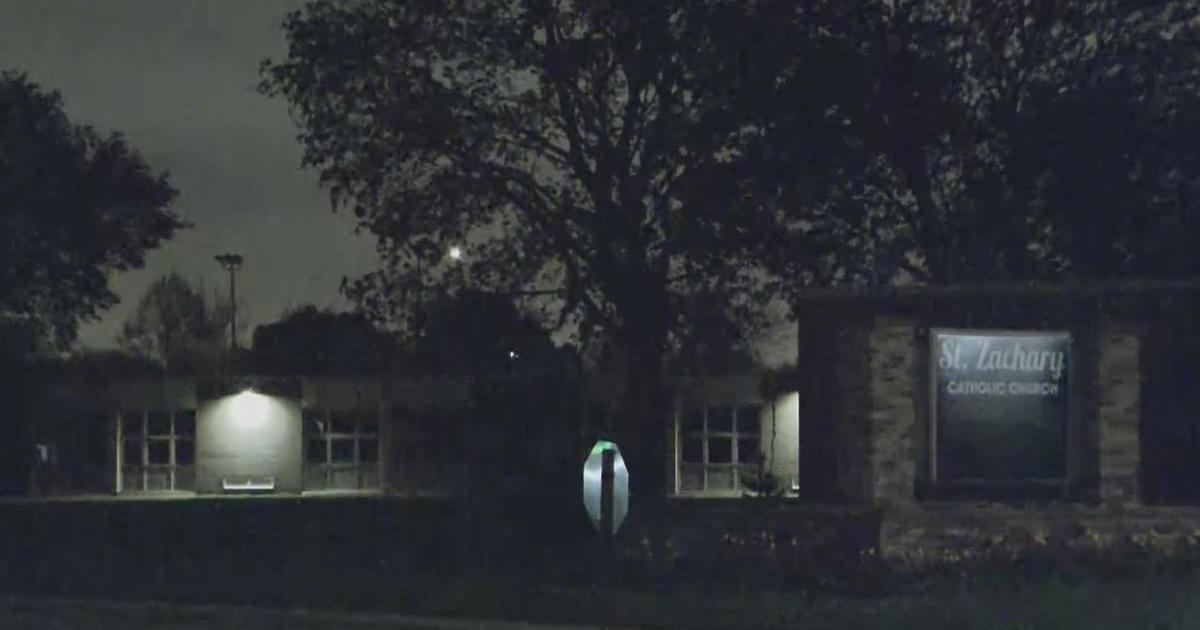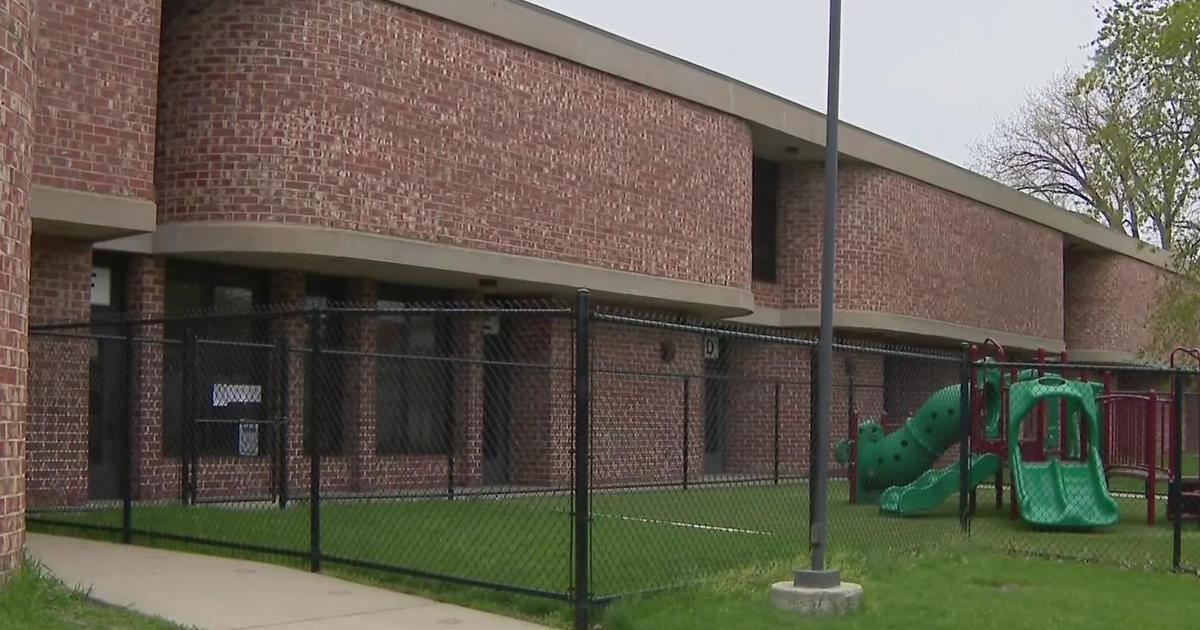The Trump Impeachment Hearings: Five Things You Need To Know
CHICAGO (CBS) -- The U.S. House of Representatives will begin public impeachment hearings this week against President Donald Trump.
Here are five fast facts about impeachment:
- The House Intelligence Committee, chaired by Rep. Adam Schiff (D-Calif.), will be holding the hearings, beginning Wednesday. Two Illinois Democrats, Reps. Mike Quigley and Raja Krishnamoorthi, are on the committee. There are no Illinois Republicans on the panel.
- The impeachment process, in brief, works like this: The House gathers evidence and holds hearings. The full chamber then votes on Articles of Impeachment, based whether a federal official, in this case Mr. Trump, has committed "treason, bribery, or other high crimes and misdemeanors." A yes vote (by simple majority) on impeachment is like an indictment. Then, the Senate would hold a trial, with senators acting as jurors who listen to the House evidence. House members serve as prosecutors, and the president would have a team of defense attorneys. Chief Justice John Roberts would oversee the proceedings. A two-thirds majority is required to convict, which would force Mr. Trump from office.
- Presidents are not the only public officials who can be subject to impeachment. In the history of our country, a total of 19 people have been impeached. The Senate has found eight guilty and cleared seven. Three people resigned after being impeached. Another case was dismissed, according to the U.S. House archives. Most of the cases involved federal judges. The last time the U.S. had an impeachment trial was in 2010, when U.S. District Judge G. Thomas Porteous Jr., was convicted of accepting bribes and perjury.
- Mr. Trump is the fourth president of face impeachment. Bill Clinton (lying under oath, obstruction of justice, 1999) and Andrew Johnson (1868, accused of violating the Tenure Of Office Act, for firing Edwin Stanton, President Lincoln's Secretary of War) were impeached but aquitted. President Nixon (obstruction of justice, abuse of power, and defying congressional subpoenas, 1974) resigned before an impeachment vote. The focus of the Trump inquiry centers on a phone call he made with the President of Ukraine, where he is accused of attempting to force Ukraine to investigate his political rivals, chiefly, Joe Biden and his son, Hunter.
- The phrase "high crimes and misdemeanors" means something different under the vision of the Constitution's framers. To be impeached, an actual crime doesn't have to be comitted. In fact, the word "midemeanor" doesn't mean a minor crime, like shoplifting, in the modern sense. "High crimes and misdemeanors" are abuses or violations of normal behavior expected of a public official. So, for example, abuse of power, defying Congress, or even gross incompetence, can be cause for impeachment.



